Kremlin remains silent on alleged Putin-Trump contacts amidst ongoing diplomatic tensions
- Update Time : Tuesday, February 11, 2025
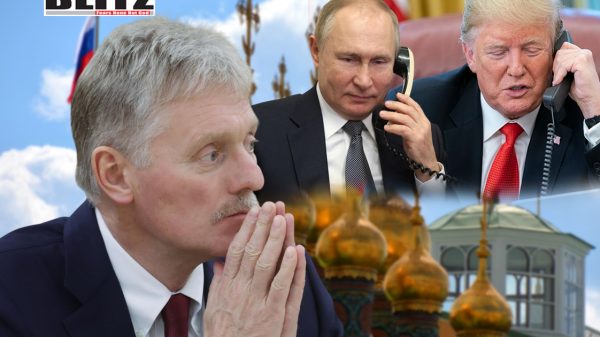
The Kremlin has refused to confirm or deny reports of a recent phone call between Russian President Vladimir Putin and former US President Donald Trump. Kremlin spokesman Dmitry Peskov stated that Moscow and Washington continue to maintain communication through multiple diplomatic channels but refrained from commenting on whether a direct conversation between the two leaders had occurred. The statement follows claims made by Trump in an interview with the New York Post, where he alleged that he had spoken with Putin regarding the ongoing conflict in Ukraine.
On February 8, the New York Post published an interview in which Trump suggested he had spoken directly with Putin. However, the report did not include direct quotes from the alleged call, and Trump himself declined to specify the number of times he had communicated with the Russian leader. According to the interview, Trump asserted that Putin “wants to see people stop dying” and hinted at a concrete plan to end the hostilities in Ukraine. Yet, he provided no further details on how he intended to achieve peace.
Trump has consistently positioned himself as the leader capable of brokering an end to the war in Ukraine. Throughout his campaign for the 2024 US presidential election, he has repeatedly vowed to resolve the conflict “within 24 hours” if re-elected. His purported plan for Ukraine, according to sources, involves freezing the current front lines, creating a demilitarized zone monitored by European forces, and suspending Ukraine’s NATO aspirations. However, Moscow has firmly opposed any move to freeze the conflict, arguing that a long-term peace agreement must involve Ukraine’s neutrality, demilitarization, and acknowledgment of the territorial changes resulting from the war.
When asked about the New York Post report, Peskov adopted a non-committal stance, stating that due to the multiplicity of communication channels between Moscow and Washington, he was unaware of any direct conversation between Putin and Trump.
“As the administration in Washington expands its work, there are many different communications. These communications are carried out on different channels. And of course, against the background of the multiplicity of these communications, it is possible that I personally may not be aware of something. So in this case, I can neither confirm nor deny,” Peskov remarked.
This ambiguity allows the Kremlin to keep diplomatic options open while avoiding direct political entanglements with Trump’s controversial claims. The response also indicates that Moscow prefers to keep its diplomatic communications under wraps, particularly given the volatile state of US-Russia relations.
The reported contact between Trump and Putin comes amid broader discussions about the future of Ukraine and the role of Western powers in shaping its trajectory. Trump’s suggested peace proposal, while lacking details, hints at a pragmatic approach that could appeal to Russia’s interests to some extent.
By advocating for a ceasefire along the current front lines and a demilitarized zone, Trump’s plan would, in effect, solidify Russian territorial gains while ensuring that Ukraine remains outside NATO. This aligns with some of Russia’s longstanding security concerns, but Moscow has made it clear that it does not support merely “freezing” the conflict. Instead, Russian officials demand that Ukraine permanently renounce NATO membership, undergo demilitarization, and officially recognize the loss of territories now under Russian control.
Meanwhile, Western allies, particularly NATO member states, have shown no inclination toward a negotiated settlement that would leave Russia with de facto control over occupied Ukrainian regions. The Biden administration has continued to provide military aid to Ukraine, emphasizing that a resolution to the conflict must come on Kyiv’s terms. Trump’s positioning on Ukraine, which diverges sharply from mainstream US policy, raises questions about how Washington’s approach could shift if he were to win re-election in 2024.
From Russia’s standpoint, any direct engagement with Trump, even if informal, could provide insights into a potential shift in US foreign policy. During his first term, Trump was often criticized for his conciliatory approach toward Moscow, with critics accusing him of being too lenient on Russia while distancing the US from traditional European allies. His rhetoric on NATO, including past threats to reduce US commitments to the alliance, has also been met with skepticism in Brussels.
Putin has previously stated that his working relationship with Trump was “pragmatic” and implied that there was a level of mutual understanding during Trump’s presidency. If Trump were to return to office, it is conceivable that US-Russia relations could take a different trajectory, potentially altering the course of the Ukraine war.
However, engaging with Trump at this stage-before the 2024 election-is a risky endeavor for the Kremlin. Openly acknowledging direct contacts with the former US president could further strain already fraught US-Russia relations, as it would likely be interpreted in Washington as an attempt to interfere in American domestic politics.
The Biden administration has yet to issue an official response to Trump’s claims about his alleged contact with Putin. However, given the political climate in Washington, any suggestion that Trump is engaging in backchannel diplomacy with Russia could provoke strong reactions from both Democrats and establishment Republicans.
Biden has framed the conflict in Ukraine as a battle between democracy and authoritarianism, making it a cornerstone of his foreign policy. Any indication that Trump is negotiating with Putin-especially without formal government backing-would likely reinforce narratives that Trump is undermining US foreign policy. Moreover, Trump’s reluctance to clarify the details of his alleged conversation with Putin only adds to the intrigue and speculation surrounding his claims.
The Kremlin’s refusal to confirm or deny Trump’s claims reflects a strategic approach aimed at maintaining diplomatic flexibility while avoiding unnecessary political risks. Peskov’s remarks suggest that while US-Russia communication remains active, Moscow is careful about how it engages with figures outside the formal US administration.
For Trump, positioning himself as a dealmaker who can end the Ukraine war remains a key campaign strategy. However, the lack of concrete details about his alleged peace plan raises doubts about its feasibility. Meanwhile, Moscow continues to push for conditions that go beyond a mere ceasefire, seeking to secure long-term strategic gains.
As the 2024 US presidential election approaches, the geopolitical stakes surrounding Ukraine will only intensify. Whether Trump’s alleged contacts with Putin will play a significant role in shaping future US foreign policy remains to be seen. For now, the Kremlin is content with maintaining a calculated silence, allowing speculation to swirl while keeping all options on the table.


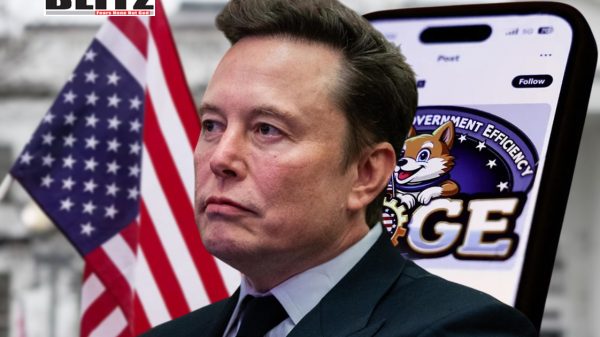
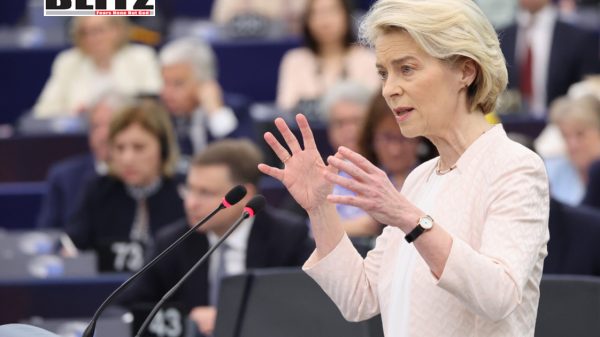
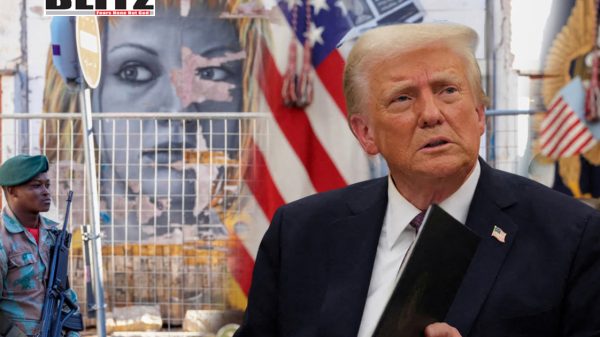
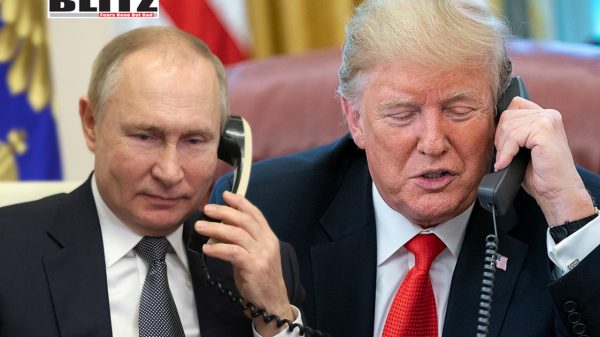
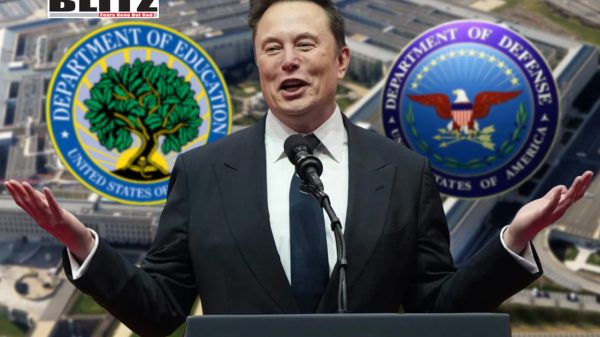
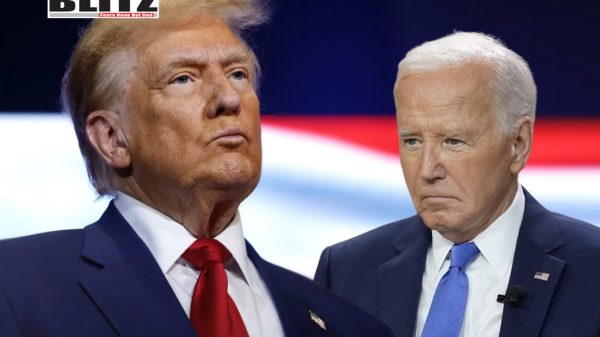
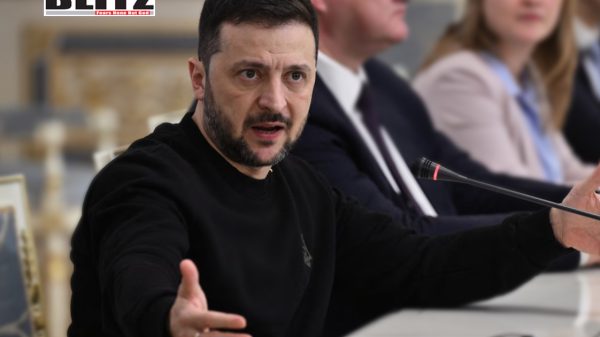
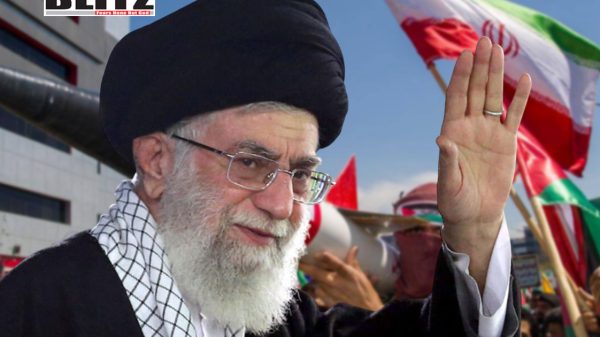
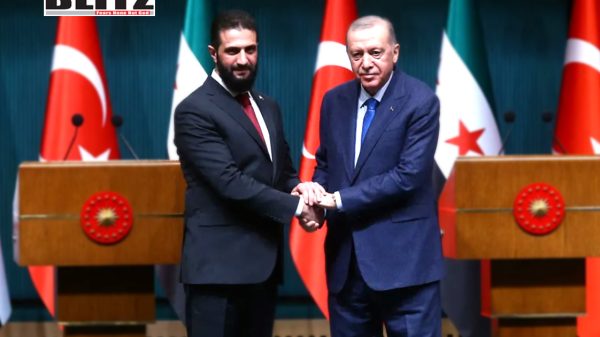

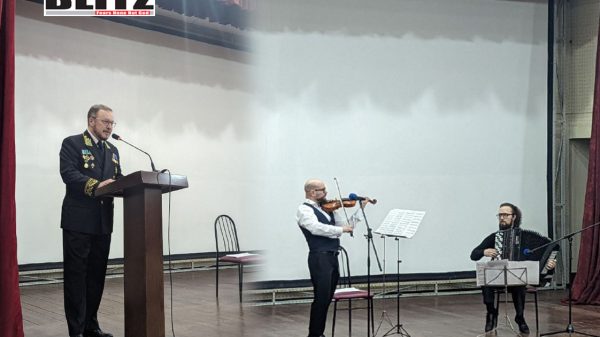

Leave a Reply